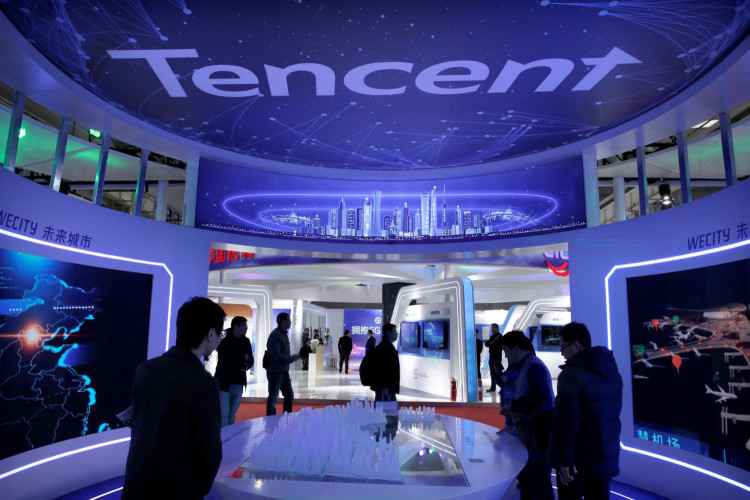Chinese online tech giant Tencent Holdings has managed to finalize this year's largest debt deal by an Asian company. The company announced on Thursday that it had raised around $6 billion through a series of US dollar-denominated bond sales.
The bond sale, which was finalized on Thursday, included bonds with varying terms. According to its released term sheet, the company's five-year bond raised around $1 billion, while its 10-year bond raised $2.25 billion. Its long-term bonds, including its 30-year bond and its 40-year bond, raised $2 billion and $750 million, respectively. The bond sale was the first time Tencent had offered a 40-year debt in its entire history.
According to data from Refinitiv, the transaction was by far the largest debt deal ever conducted by a non-financial institution in Asia this year. The second largest was a $4 billion junk bond sale by Scenery Journey Limited in January, followed by a $2.9 billion bond sale by Chinese state-owned oil firm SINOPEC earlier this month. Combined, companies in the Asia-Pacific region have raised a total of around $712 billion so far this year.
Sources with knowledge of the transactions claimed that demand for Tencent's short-term and long-term bonds was more than what the company had expected. The same sources claim that demand from investors reached an estimated $36 billion worldwide, a clear sign of confidence in the company's continued growth and ability to generate profits in the coming years.
Reports citing a book message sent to investors have claimed that around $10 billion worth of orders were made in Hong Kong. The deal was led by the HSBC, the Bank of America, and Morgan Stanley.
The company's bond sale comes at a very precarious time as global geopolitical tensions continue to intensify. The sale was reportedly conducted as the US expressed its intention of withdrawing its special treatment of Hong Kong due to increased influence from the Chinese government.
Experts pointed out that the ongoing tensions between China and the United States had very little effect in discouraging investors from buying into Tencent's bond. One banker stated that the tensions really didn't have much of an impact on how the bond sale had turned out and most have chosen to just ignore the headlines and focus more on actual numbers and past performances.
Protests had once again erupted in the streets of Hong Kong after Beijing had proposed new national security laws. Tencent's bond sale was conducted around the same time as police were being forced to fire pepper spray to control protesters in the city-state.






